About Us
We are building interfaith America, a nation of people equipped to engage American religious diversity and interfaith bridgebuilding. Explore the latest national news coverage of our work.
Interfaith America
We are building interfaith America, a nation of people equipped to engage American religious diversity and interfaith bridgebuilding. Explore the latest national news coverage of our work.
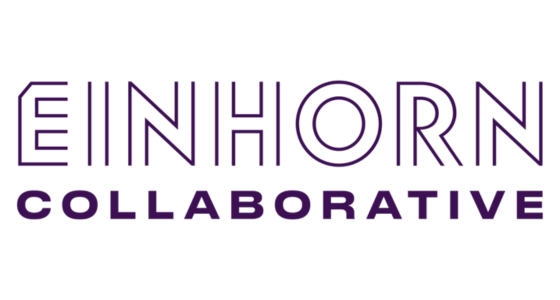
It is in moments of tension that the foundations of belonging are often laid. Interfaith America’s Eboo says it would behoove places of learning to set expectations that talking about challenging issues. “They are right versus right issues, not right versus wrong issues.”

After an assassination attempt, Gov. George Wallace, the segregationist, got a surprise visitor: Shirley Chisholm, the first Black woman elected to Congress. Could this happen today?
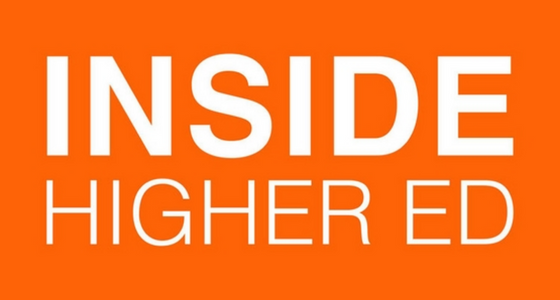

What does it mean to build bridges amidst the turmoil of the second Trump Administration? How have interfaith communities moved forward with productive dialogue post-October 7th? Is there a more nuanced way to think about Christian Nationalism and the MAGA constituency? In this episode of The State of Belief, Rev. Paul Brandeis Raushenush and Interfaith America CEO Rev. Adam Nicholas Phillips explore these critical issues and much more.

As polarization and tensions roil college campuses across the country, Cornell University continues taking steps to foster understanding across lines of difference. The university has received three grants from Interfaith America, a Chicago-based nonprofit that promotes bridge-building across religious and ideological divides.
Fifty dollars for STEM, five cents for citizenship—that’s how America apportions its education dollars. Our beleaguered universities must redress the balance—helping the country and themselves.

In recent years, however, the most significant shift has happened not on the right but in the center and on the left, as leaders who once embraced D.E.I. have come to doubt the way it has been carried out. Patel, the Interfaith America president, who describes himself as an Obama liberal, blames the backlash on the “anti-oppression” strain of D.E.I., which emphasizes the marginalization of minority groups.

For nearly 250 years, Americans of diverse identities have worked to build a more perfect union based on founding values and ideals rather than race, religion, nationality or creed. Building unity from diversity is also our story as members of the Vote Is Sacred Fellowship, convened by Interfaith America, for leaders of faith and conscience to encourage peaceful democratic engagement and social trust.

As democracies around the world are tested and polarization becomes ever more pervasive, President Barack Obama concluded the third annual Democracy Forum by calling on attendees to build bridges across differences and renew their commitment to pluralism—by focusing on “we” instead of “us and them.”

Rebecca Russo, Interfaith America’s vice president of higher education strategy, said that while there is a story of increased divisiveness and polarization on college campuses that mirrors the national landscape, “it’s not the full story.”
Founder and President of Interfaith America, Eboo Patel‘s publications, interviews, and appearances include The New York Times, The Washington Post, and CNN, among many others. To inquire about media engagements, reach out to Teri Simon.

What is your work at this moment? That is the central question posed by the new Bruce Springsteen biopic, “Deliver Me From Nowhere”.

The word “crisis” is sometimes overused, but I can’t think of a better way to describe what the nonprofit world is facing right now. Federal funding cuts are decimating institutions ranging from public media to health service to refugee resettlement. Every form of diversity work is under scrutiny, and far too many nonprofits are barely hanging on. This is a bad, bad time for our sector.
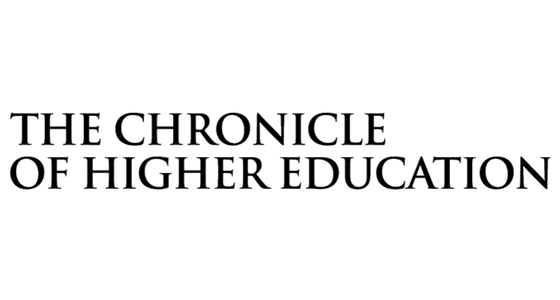
Student-affairs staff do important work for colleges. They run mental-health programs, advise campus groups, train student leaders, bring speakers to campus, organize freshman orientation, and staff residence halls. At institutions which principally reward professors for research, student-affairs staff are the primary shapers of campus culture.
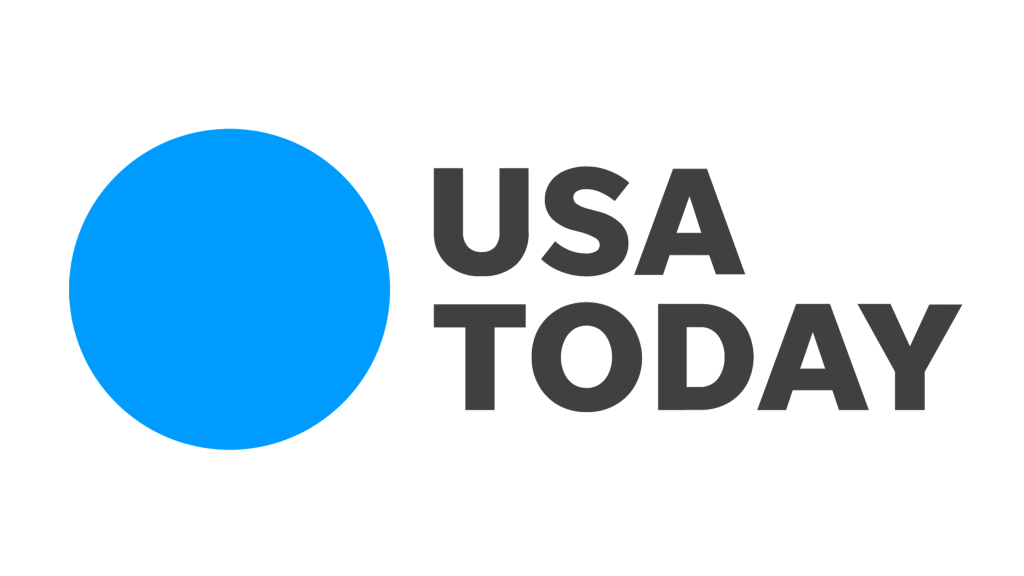
We have to make sure that across this country, people of diverse backgrounds are respecting each other’s identities, building relationships across communities and cooperating with one another.

That is the commitment we need to make in our civic institutions now, from small community-based organizations to large research universities. We need to be the people that others can count on to invite diverse instruments to the stage and to teach them to make music together.
Interfaith America staff and members of our Emerging Leaders network offer a wealth of stories and perspectives on engaging religious diversity, both on campus and beyond. Visit our Magazine for more pieces by our staff.

We have a choice: to surrender to outrage and conspiracy, or recommit to our first freedoms — a sacred democratic commitment to one another.

I want to put one more reason on the table today that ties uniquely to the pope’s American heritage: He represents the very best of American pluralism, properly understood.

As we grow more dependent on the media to tell us who we are, creativity becomes an imperative to tell a different story — one that inspires instead of divides.

Unum doesn’t erase conflict or pretend we all agree. It’s not utopia. It’s the hard, daily work of choosing coexistence over chaos.

We need the best and brightest of physicians and researchers to help sustain our leadership in health care and other scholarly fields.

We can be a country that remembers its founding promises. Or we can slide quietly into an unknown American age where speech is punished, dissent is surveilled and fear replaces freedom.

To upend some of the real challenges that plague our democracy, we have to start with simply humanizing one another.
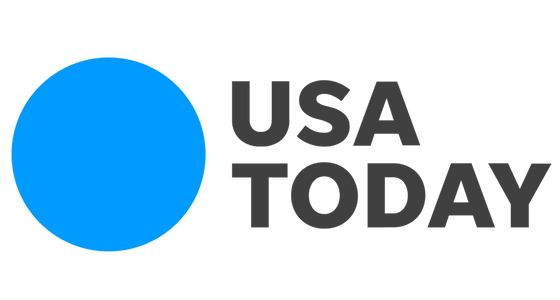
What if we built institutional cultures where both intentions and impact matter – where we take seriously the impact of prejudice while assuming that those who perpetuated it can learn and grow?

By radically listening to their story and acknowledging their hurt, skipping the preaching, and trusting them to grow— Shaner offers an encouraging example of how we can bridge intractable divides.
Media Inquiries
Reach out to us to set up interviews or learn more about Interfaith America’s work.
Interfaith America Magazine
Let’s build an interfaith America, where people of all beliefs work together for the common good.
Copyright @ 2024 Interfaith America. All Rights Reserved. Interfaith America is 501 (c)(3) non-profit recognized by the IRS. Tax ID Number: 30-0212534